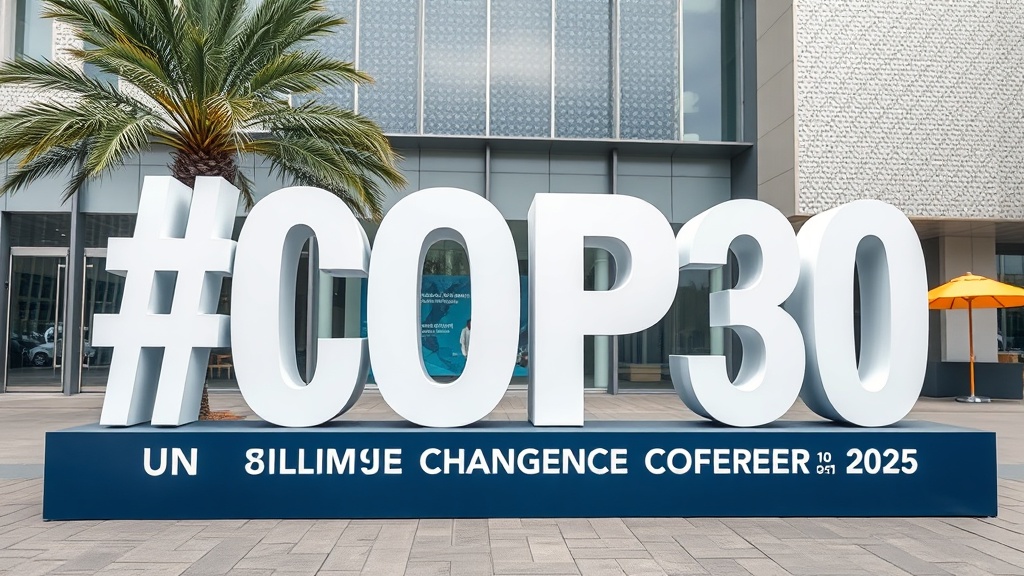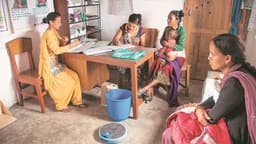Home / Health / Health Justice Demands Climate Justice Now
Health Justice Demands Climate Justice Now
21 Nov
Summary
- Climate change causes nearly 500,000 heat-related deaths annually.
- South Asia faces severe health impacts from extreme heat and floods.
- Indigenous knowledge offers key solutions for climate resilience.

There can be no health justice without climate justice, as the two are inextricably linked. South Asia already faces severe health impacts from climate change, with millions of heat-related deaths annually and significant economic losses due to extreme heat. Changes in weather patterns and pollution exacerbate existing issues like malnutrition and poverty, disproportionately affecting underserved communities.
Doctors Without Borders witnesses these firsthand impacts, from rising malaria and malnutrition post-disaster to inadequate healthcare infrastructure. Achieving health equity requires addressing climate vulnerabilities, supporting community-based adaptation, and integrating Indigenous knowledge, which offers sustainable solutions. Initiatives like Heat Action Plans are steps forward but need to address root causes.
The upcoming COP30 highlights the urgent need for indigenous-led climate solutions and direct climate financing. Policymakers must invest in climate-resilient infrastructure and recognize that health must be a climate priority. Collaboration between governments, organizations, and communities is essential to create effective climate and health policies.




